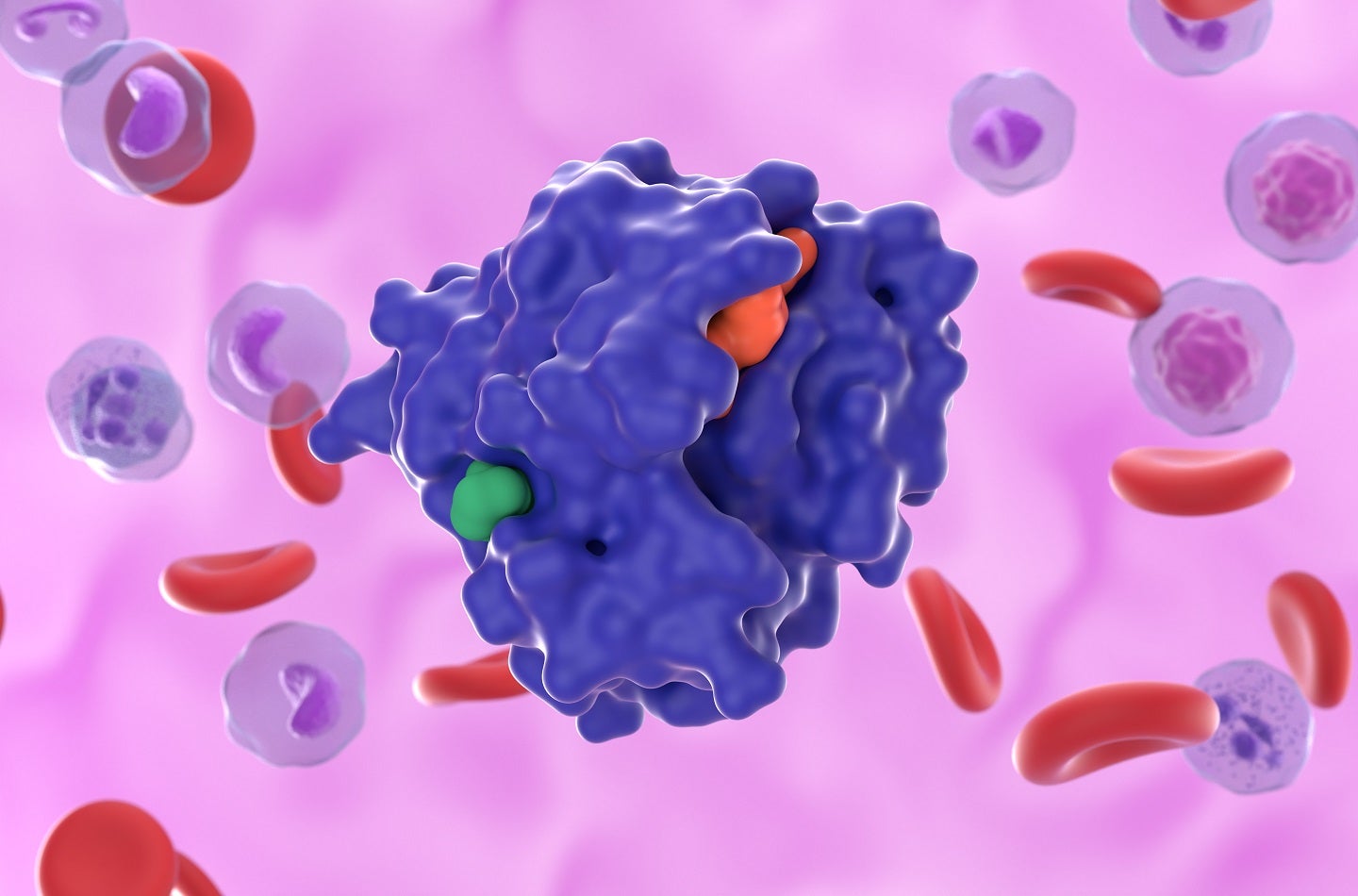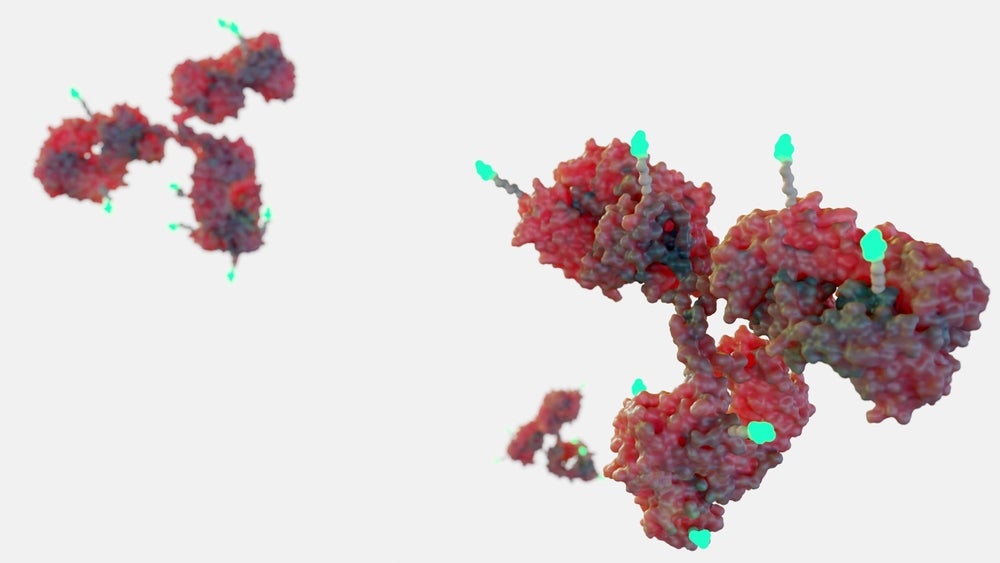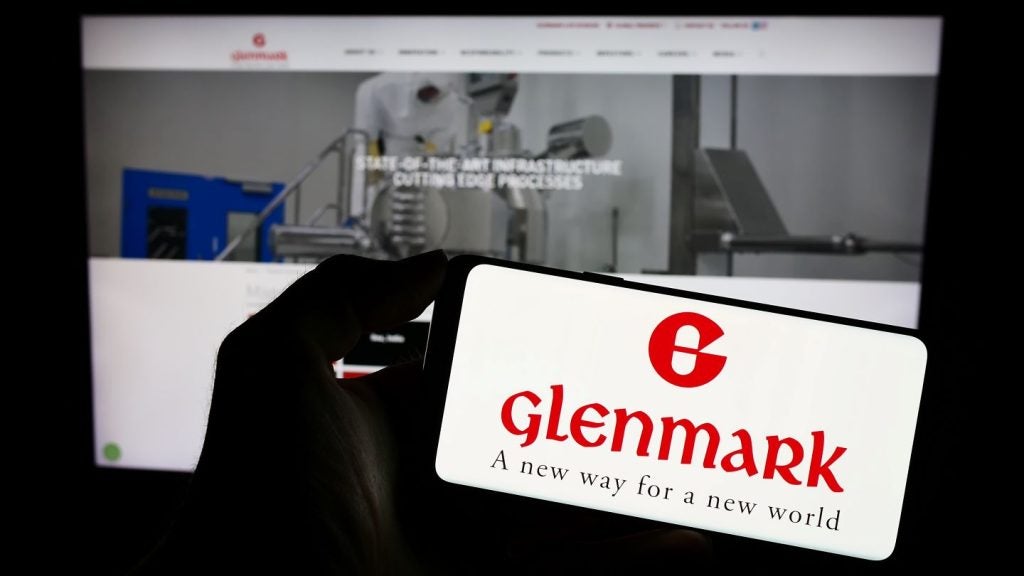At the European Society of Medical Oncology (ESMO) Congress on 20-24 October 2023, updated, late-breaking results from the Phase II component of the KRYSTAL-7 study were presented. The presentation revealed the efficacy and safety of Mirati Therapeutics’s Krazati (adagrasib) in combination with MSD’s Keytruda (pembrolizumab) for the treatment of first-line metastatic non-small cell lung cancer (NSCLC) patients carrying a KRAS G12C mutation. In patients with a PD-L1 tumour progression score (TPS) higher or equal to 50%, the combination demonstrated encouraging preliminary activity in terms of overall response rate (ORR) and progression-free survival (PFS), with positive signs of durability and a manageable safety profile that was consistent with Krazati or Keytruda monotherapy.
The efficacy of the combination therapy in the cohort consisting of 51 patients with PD-L1 TPS ≥50% was highlighted, showing a confirmed ORR of 63% and a disease control rate of 84%. The combination’s ORR had a noticeable improvement over the data demonstrated by Keytruda in the first-line metastatic NSCLC setting. The PD-1 inhibitor had a 39% ORR as a monotherapy in patients with PD-L1 TPS ≥50% in the Phase III KEYNOTE-042 trial. When prescribed in combination with platinum-based chemotherapy as the current stand-of-care, Keytruda produced an ORR of 48% (KEYNOTE-189) and 58% (KEYNOTE-047) in its Phase III trials for the treatment of first-line metastatic non-squamous and squamous NSCLC, respectively. Still, the upcoming Phase III component will be crucial in providing more mature survival and durability data on the Krazati combination, as both the median PFS and duration of response were not reached at a median follow-up period of 10.1 months.
Safety data was reported for all 148 patients in the three cohorts. The most frequent treatment-related adverse events (TRAEs) were nausea and diarrhoea. A total of 6% and 11% of patients discontinued Krazati and Keytruda, respectively, due to TRAEs, whereas only 4% of patients discontinued both agents. Immune-related TRAEs of any grade took place in 18% of patients, while 5% encountered grade 3 or above TRAEs. Immune-mediated hepatic toxicity is a major concern for the drug class when used in combination with PD-(L)1 inhibitors, as observed with Amgen’s Lumakras (sotorasib). Krazati is the safer KRAS inhibitor option in this setting compared to Lumakras. In the study, treatment-related hepatic events occurred in less than 10% of patients, with no treatment discontinuation. A total of 16% of patients experienced grade 3 or above treatment-related alanine transaminase (ALT)/aspartate transaminase (AST) increase, as well as two cases of hepatitis. In contrast, 27–37% of patients receiving Lumakras and Keytruda encountered grade 3 or above hepatotoxicity, as reported in a 2023 retrospective French study by Chour and colleagues and the Phase I CodeBreaK100 trial.
In NSCLC, up to 30% of patients are carrying any form of KRAS mutation. A substitution of glycine with cysteine, G12C, is the most prevalent form of KRAS mutation, making up 40% of all cases of KRAS mutations. KRAS-mutated patients frequently see primary resistance to standard-of-care PD-(L)1 inhibitor-based immunotherapy in the first line, and more negative outcomes from the treatment backbone of platinum-based chemotherapies. In the vacuum of a more effective therapeutic option for KRAS G12C-mutated patients, there is a significant unmet medical need and an untapped market opportunity worldwide. Krazati is on track to become the leader in the KRAS G12C-mutated NSCLC space with a comprehensive first-line and relapsed/refractory share. The road to approval for the combination might be less difficult compared to Krazati monotherapy and its peers. The combination’s Phase III trial has a good chance of providing sufficient, robust evidence on its benefit-risk profile to regulatory agencies with the trial’s PFS primary endpoint and Krazati’s edge on lower hepatotoxicity. Instead of a class-wide concern, the FDA’s concerns on Lumakra’s post-first-line use are trial-specific issues on data handling, which may not impact Krazati’s likelihood of approval.
According to GlobalData’s Pharmaceutical Intelligence Center, there are 24 KRAS inhibitors in active Phase I–III development worldwide as a treatment for NSCLC. Among the crowd of candidates, there are eight active candidates gearing towards first-line NSCLC. Excluding marketed agents, candidates from heavyweight pharmaceuticals include Roche’s divarasib (Phase I/II, NCT05789082), Novartis’s JDQ443 (Phase I, NCT05445843), and Merck’s MK-1084. MK-1084 has the closest positioning to the KRYSTAL-7 trial, which is being evaluated in combination with Keytruda in its Phase I MK-1084-001 trial. Notably, a number of Chinese biotechs are also active in the field, with GenFleet Therapeutics’s fulzerasib, InventisBio’s garsorasib, and JacoBio’s glecirasib. These early candidates in the space are too far behind to pose a threat as new market entrants to Krazati.
See Also:
Bristol Myers Squibb’s (BMS’s) acquisition of Mirati Therapeutics is expected be completed by the end of Q1 2024. The success of this combination would facilitate future in-house synergy for the KRAS inhibitor to be prescribed with BMS’s immuno-oncology assets. Opdivo (nivolumab) and Yervoy (ipilimumab) are facing emerging commercial challenges from near-peer immune checkpoint inhibitors in first-line NSCLC. The addition of Krazati to BMS’s portfolio may help the company to revitalise its share in this setting, in addition to generating extra cash flow through tapping into Keytruda’s share as a combination. The potential of KRAS inhibitor combination therapy allows BMS to be more resistant to the rapidly changing landscape of NSCLC. BMS’s experienced oncology marketing team is likely to bring Krazati further in future commercial success due to its broader reach and more vigorous community engagement.
How well do you really know your competitors?
Access the most comprehensive Company Profiles on the market, powered by GlobalData. Save hours of research. Gain competitive edge.

Thank you!
Your download email will arrive shortly
Not ready to buy yet? Download a free sample
We are confident about the unique quality of our Company Profiles. However, we want you to make the most beneficial decision for your business, so we offer a free sample that you can download by submitting the below form
By GlobalData








Related Company Profiles
Merck & Co Inc
Novartis AG
Bristol-Myers Squibb Co
Amgen Inc
Mirati Therapeutics Inc